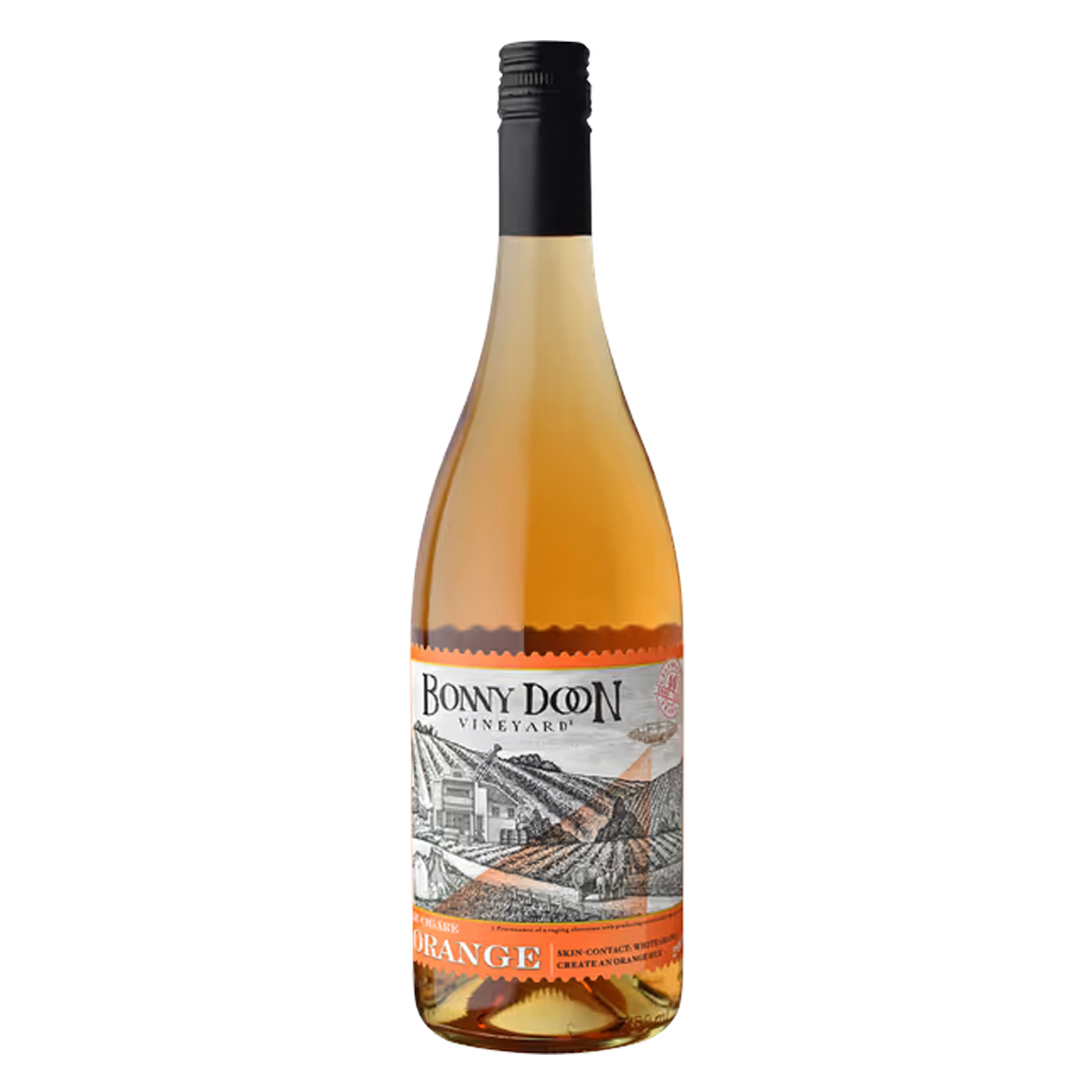Le Cigare Orange Skin Contact
Le Cigare Orange Skin Contact
Couldn't load pickup availability
In 1954, the village council of Chateauneuf-du-Pape was quite perturbed and apprehensive that flying saucers or "flying cigares" might do damage to their vineyards, were they to land therin. So right-thinking men all, they passed an ordinance prohibiting the landing of flying saucers or flying cigares in their vineyards. The ordinance further states that flying saucers or flying cigares that did land were to be taken immediately to the pound.
Winemaking: Each variety is picked separately at low brix and good natural acidity. Destemmed and fermented at cool temperatures in both rotary and stainless steel closed top tanks. The average time of skin contact is 14-16 days before pressing into stainless steel. THe wine is kept cold and only minimal sulfur is added before bottling.


